Salesman in China Review: A Powerful Cross-Cultural Experience
Written by Maggie Ho
IMages Courtesy: Stratford Festival, Photography by Ted Belton & david Hou.
Until October 26, 2024 at Avon Theatre, Stratford
Opening scene of Salesman in China at Stratford Festival 2024, transporting the audience to 1983 Beijing. Photo: David Hou.
The soft ting-ting of a bicycle bell echoes through Avon Theatre as a nostalgically dressed paper boy glides down onto the stage, bring the audience to the bustling backstage of Beijing’s People's Art Theatre, offering a first-person view through the eyes of American playwright Arthur Miller, who traveled to Beijing in 1983 to direct the Chinese adaptation of his renowned play, Death of a Salesman.
The Stratford Festival premiered Salesman in China on August 23 as part of its 2024/25 season. This production marks the first time since the company’s founding in 1952 that a bilingual English and Mandarin play has been commissioned. From the script to the performance and production, the play is impeccably executed, achieving what once seemed impossible—resonating with audiences from diverse backgrounds.
Revolutionary Dance performance that reflects the intellectual struggles endured by the Chinese in the past. Photo: David Hou.
Co-written by Jovanni Sy and Leanna Brodie, Salesman in China recounts Arthur Miller's 1983 visit to Beijing, where he directed the Chinese adaptation of Death of a Salesman at the Beijing People's Art Theatre. The narrative explores Miller’s encounter with Chinese theatre master Ying Ruocheng, a brilliant intellect who had endured the Cultural Revolution. Despite coming from vastly different worlds, the two men initially face cultural misunderstandings and defensiveness. However, as they gradually open up to each other’s perspectives, they collaborate to create a groundbreaking production that bridges their cultural differences.
Much like Chinese American playwright David Henry Hwang's award-winning work Chinglish, which explores an American's cultural shocks in China, Salesman in China offers a deeper and more comprehensive examination of the contrasting lifestyles, cultures, and philosophies of the East and West. In one of the most poignant scenes, Miller expresses his frustration with the drama school’s acting approach of staging Western plays using fake wigs and noses. Ying Ruocheng, acting as a mediator familiar with both cultures, understands Miller's anger. However, burdened by social customs and team considerations, he utters, 'That’s how we (Chinese) learn (Western) theatre,' revealing an honest and often overlooked truth.
Adrian Pang as Ying Ruocheng (left) and Tom McCamus as Arthur Miller showcased remarkable chemistry in their performances, despite the language barrier. While Pang speaks both Mandarin and English, McCamus speaks only English. Their dedication to synchronizing their pacing made their collaboration truly effective.
The play transcends time and place, drawing parallels between post-war America of 1949 in Death of a Salesman, Beijing during the 1983 reforms, and present-day Canada in 2024. Whether on stage or off, audiences can resonate with the struggles faced by Willy Loman, Ying Ruocheng, or Arthur Miller. The play reflects the ongoing challenges of navigating the transition between old and new, adapting to rapidly changing socio-economic conditions, and dealing with the influx of different cultures. In the midst of these changes, how does one find their place? Playwright and director Jovanni Sy offers an answer with his creation, which took six years to develop. Salesman in China, through its cast and crew, showcases the power of embracing diverse cultures and working together to create a space where people from various backgrounds can shine and share in each other’s stories.
Using a “play within a play” narrative technique, Salesman in China is filled with witty, thought-provoking dialogue. The seamless blending of English and Mandarin adds layers of authenticity. The sharp, expressive lines, accompanied by precise surtitles in both languages, highlight the writers’ intelligence, the translators’ skill, the actors’ performances, and the technical team's precision. Each member of the production contributes to its overall success, resulting in an excellent performance full of rhythm and nuance.
The cast features around twenty actors, with all roles, except for those of Arthur Miller and his wife, played by Chinese-speaking performers. Among them are Singaporean TV star Adrian Pang and emerging talents from Toronto’s theater scene, such as Steven Hao and Phoebe Hu. This diverse ensemble, hailing from various parts of the world, underwent intensive dialect training with coach Ms. Chao Nan to authentically capture the Beijing dialect—a challenging task for some of the cast members.
Cast members underwent two months of dialect training prior to the performances in Salesman in China at the Stratford Festival 2024. Photo: David Hou.
Despite the appearance of diversity in today’s theatre landscape, mainstream stages are still predominantly led by Caucasian actors. In this production, a predominantly Chinese-speaking ensemble leads the performance, while audiences from various cultural backgrounds gather, each finding moments of reflection and solace. Some are familiar with Miller’s work; others connect through the cultural journey portrayed. The unity and diversity shared in this production extend beyond the stage, creating an emotional, surreal experience that leaves a lasting impression—a rare and beautiful sight that lingers in the hearts of all who witness it. This production stands as a powerful statement, envisioning a future where such inclusivity is the norm.
Interview with Salesman in China Actor Adrian Pang
訪問《推銷員在中國》演員彭耀順
Our Editorial Team and Salesman in China lead actor Adrian Pang discussed the relevance of this production in today's context and its resonance with audiences.


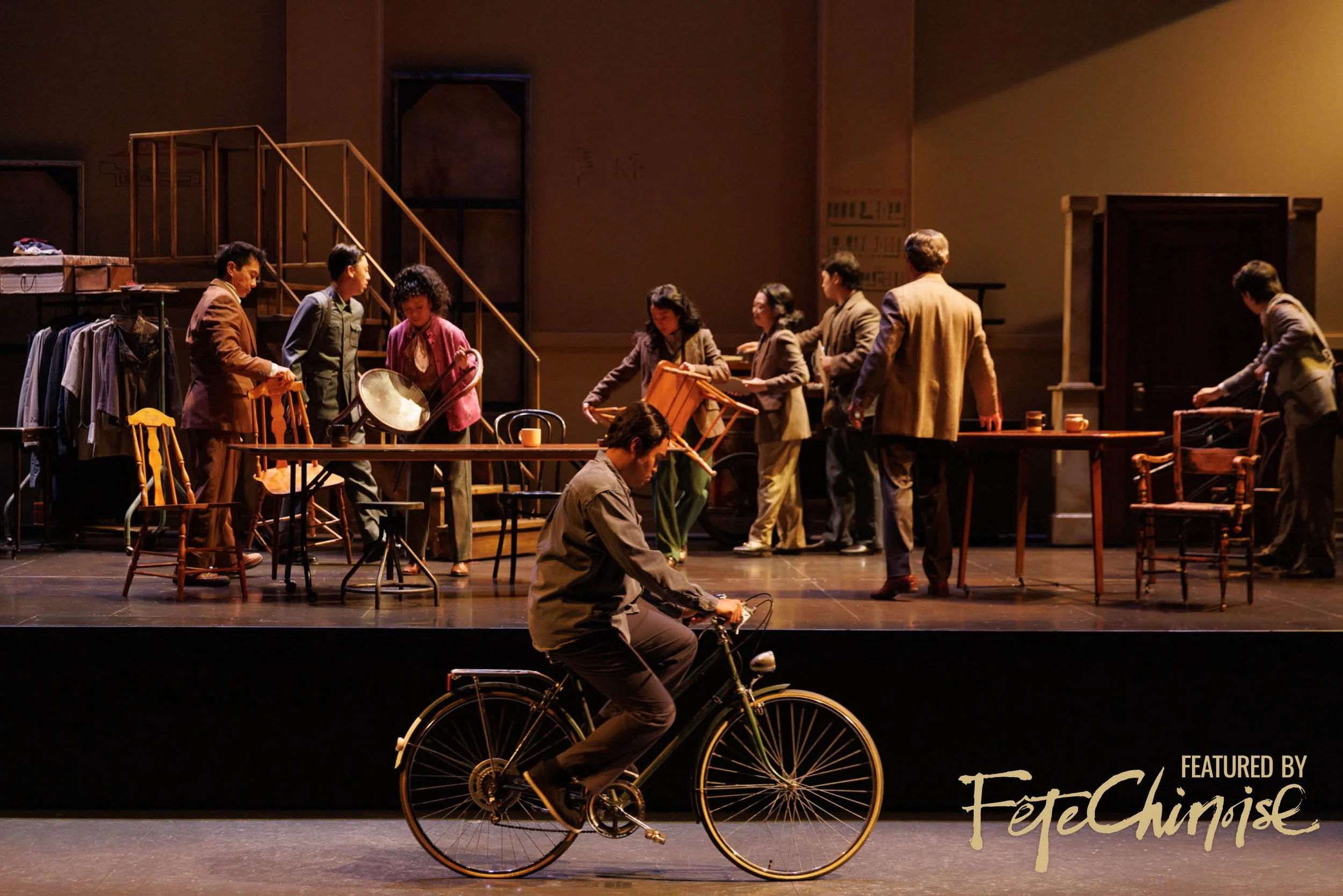
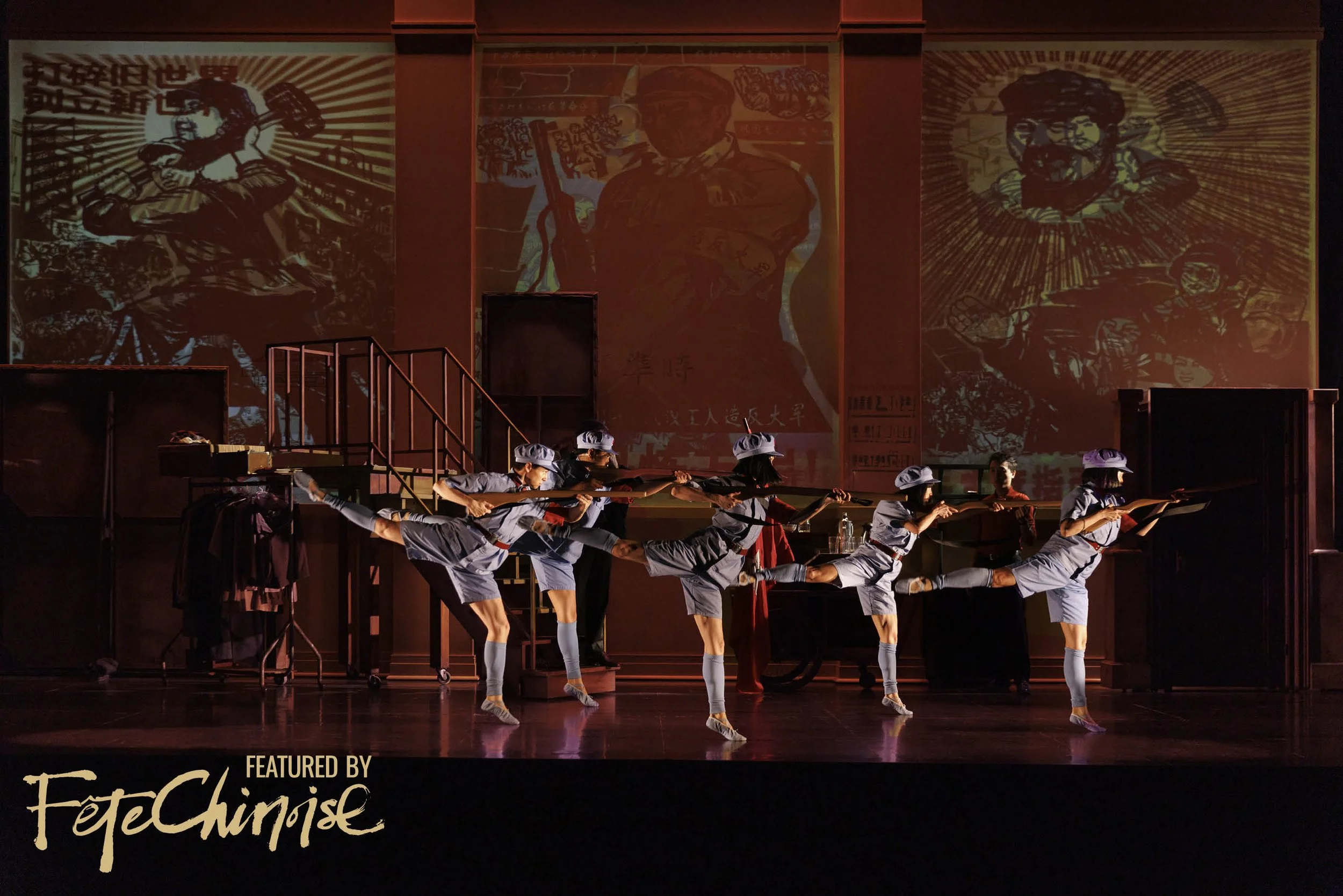
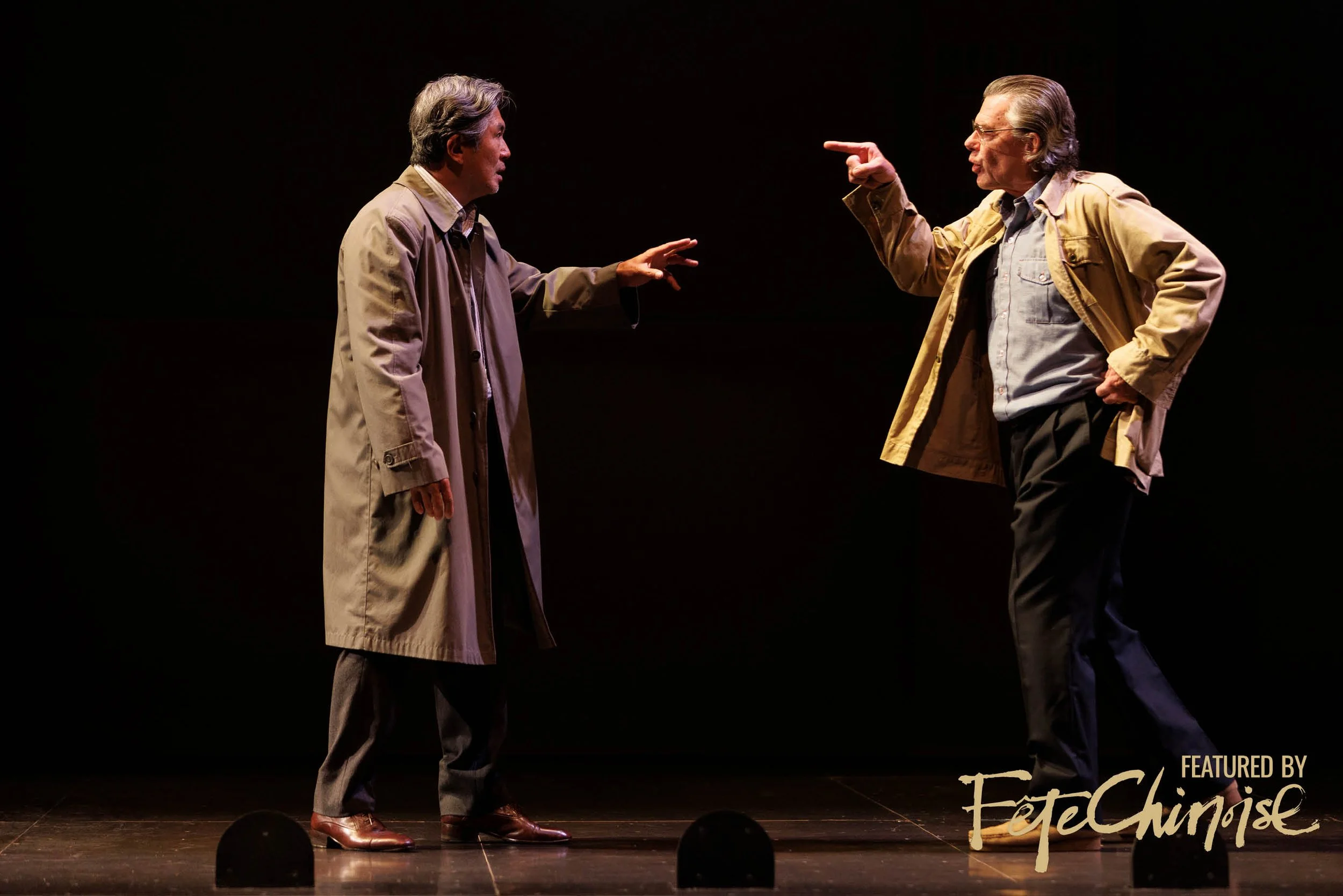
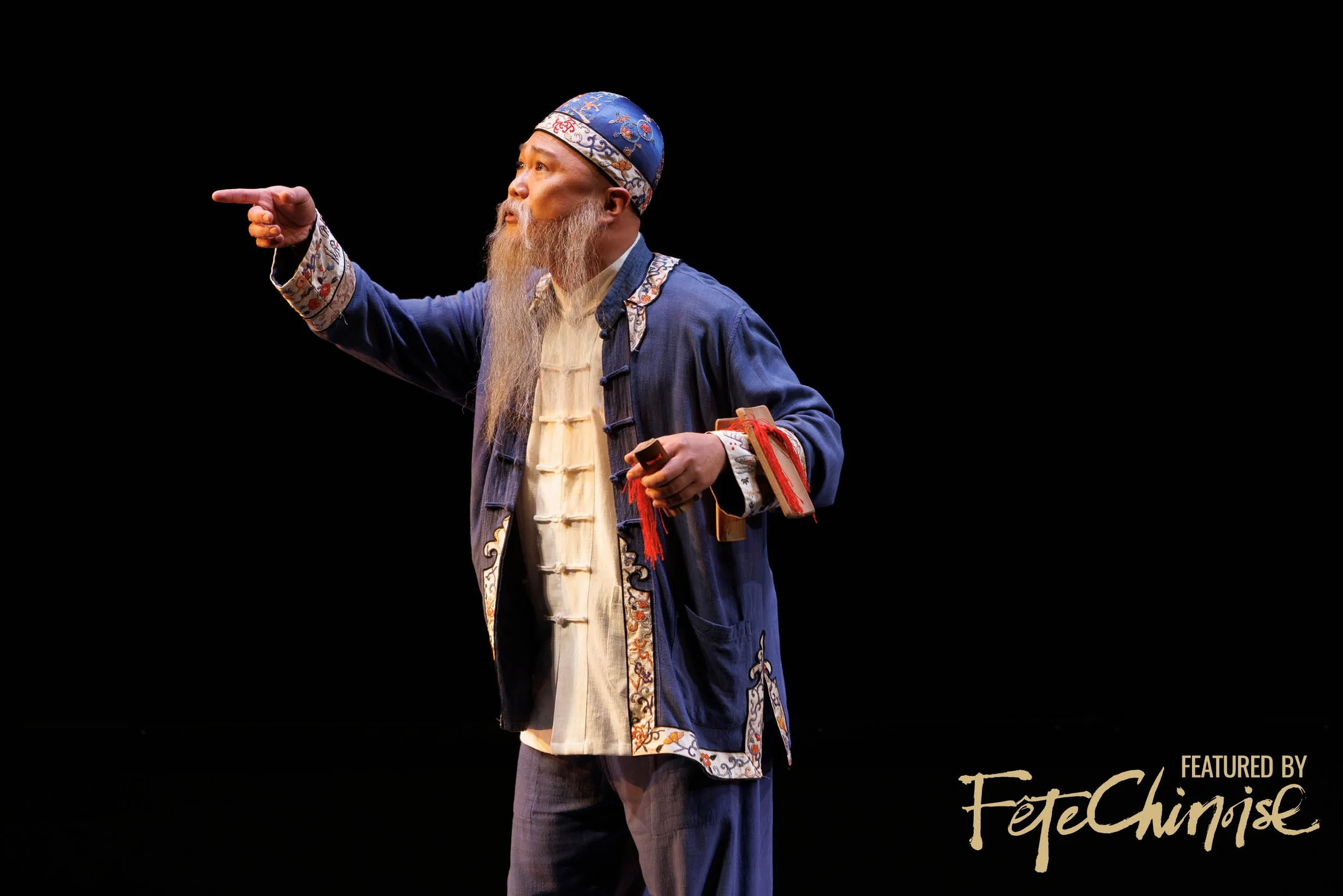
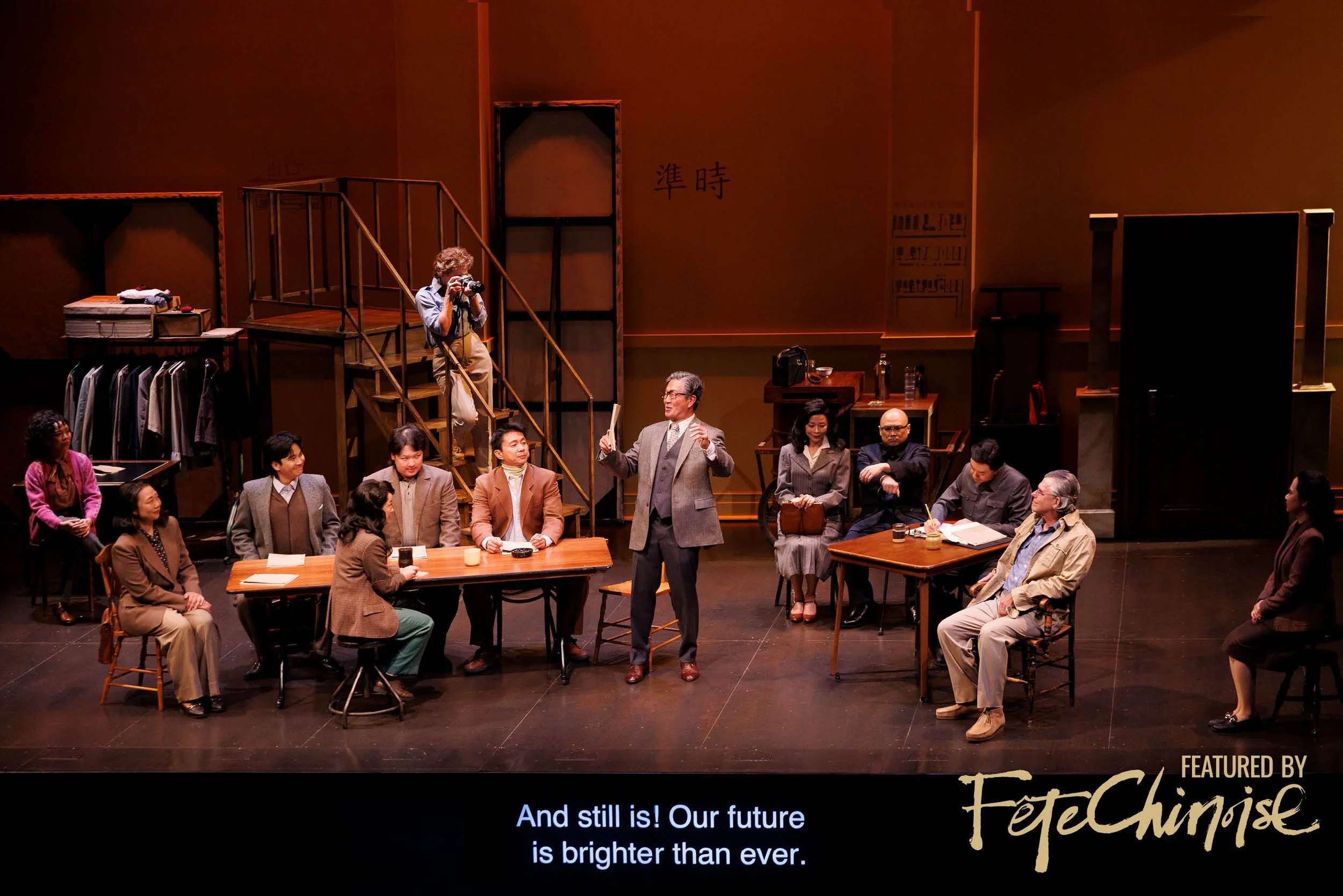
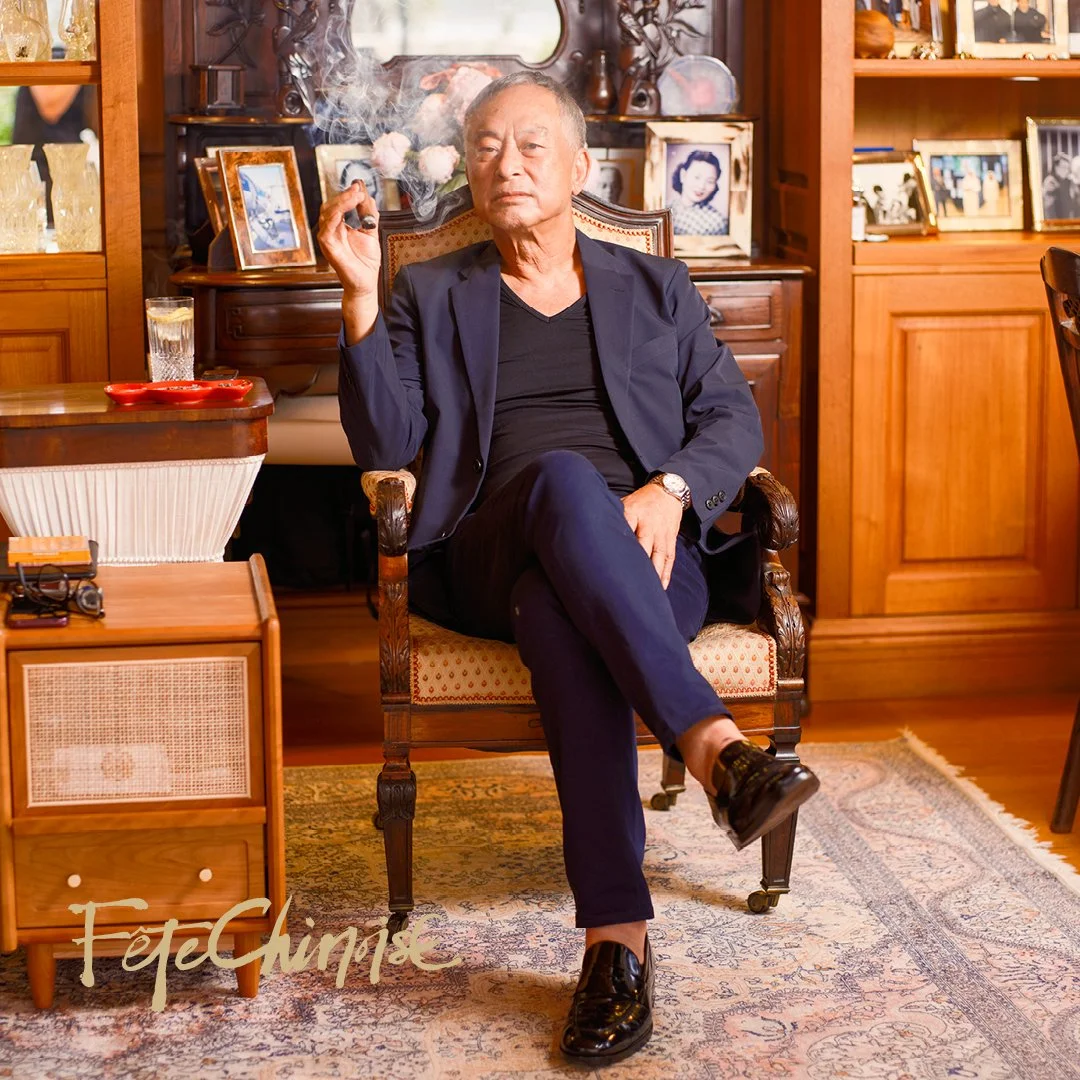










As we look forward to the awards ceremony this Sunday, it's the perfect time to revisit some of our interviews with the brilliant directors and creatives behind this year's nominated films. Their insights offer a deeper appreciation of the stories that have moved us. Explore the full list of nominations below and stay tuned for the results!